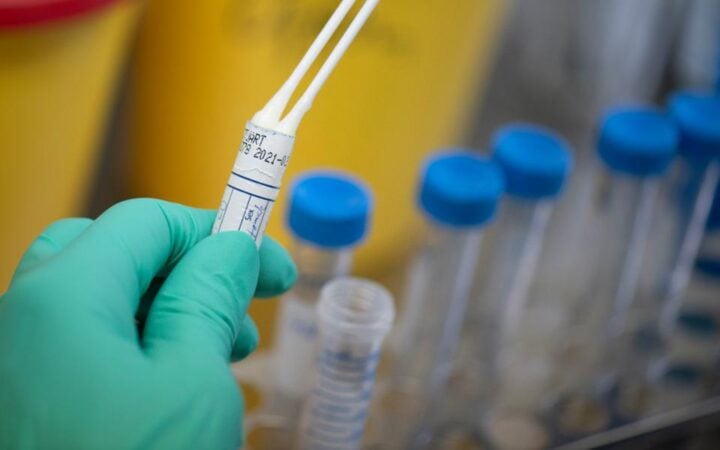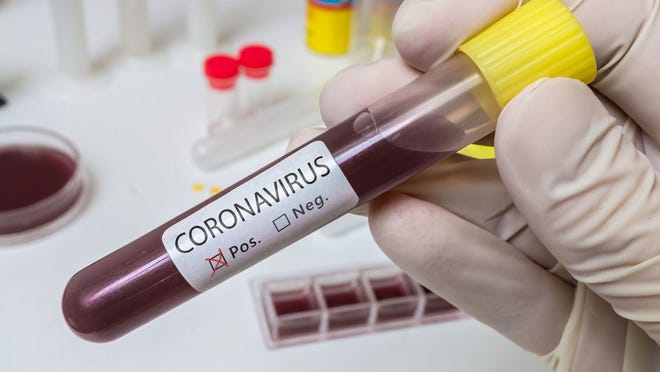The World Health Organisation (WHO) says it will provide 600 million doses of the COVID-19 vaccine to African countries in 2021.
Matshidiso Moeti, the WHO regional director for Africa, disclosed this at a media briefing on Thursday.
Moeti, in her address, said the WHO regional office for Africa, through the COVAX facility, would also work with organisations such as the African Union (AU) towards increasing it to around 900 million doses before the end of 2021.
COVAX is a partnership initiated by GAVI (Global Alliance for Vaccines and Immunisations), the coalition for epidemic preparedness innovations (CEPI) and the WHO, and is focused on accelerating the development and manufacture of COVID-19 vaccines; it will also guarantee fair and equitable access to countries across the world.
Advertisement
“The COVAX facility, which is coordinated by GAVI, WHO and CEPI, aims to provide around 600 million doses for Africa in 2021, and we’re also also looking at a total of 900 million doses before the end of year 2021,” Moeti said.
“We expect the first doses to arrive by the end of March with large rollout by June.
“However, COVAX facility can only cover 20 percent of Africa’s population, so it is really wonderful to see that the African Union’s efforts to secure provisional 270 million doses by the end of 2021 are achieving success.
Advertisement
“Together, we will deliver 900 million doses this year and we know more is still needed.”
According to her, COVID-19 cases in Africa have exceeded three million, while a significant increase has been recorded in the daily count across the continent.
The regional director explained that strict adherence to the guidelines is even more critical to avert a surge in infections that could stretch health facilities to a breaking point.
“An average of 25,000 cases were reported in 14 days between 28 December, 2020, and 10 January, 2021, in Africa, and sadly, 2,200 deaths, which is nearly 39 percent higher than the July 2020 two-week peak of 18,104 daily average cases — which means Africa is already facing a second wave,” she said.
Advertisement
“Yet, numbers may rise further in the coming days in the wake of travelling, gathering and festivities over Christmas and New Year holidays.
“Overall, cases in the region have risen steadily since mid-September 2020, with a steeper rise from late November.”
Moeti added that a new variant of the virus — 501Y.V2 — currently circulating in South Africa, accounts for most of the new infections witnessed in the second wave of coronavirus.
She noted that mutations of the virus are unsurprising, as such is bound to happen as long as the virus continues to spread and higher cases are recorded.
Advertisement
“Preliminary analysis finds the 501Y.V2 variation to be more transmissible. Genomic sequencing has found the variant present in Botswana, the Gambia and Zambia,” she said.
“Deeper investigations are underway to fully understand the epidemiological implications, but at present there are no indications the new variant increases the severity of the disease.
Advertisement
“Even if the new variant is not more virulent, a virus that can spread more easily will put further strain on hospitals and health workers, who are in many cases already overstretched.”
In his remarks, Chikwe Ihekweazu, director-general of the Nigeria Centre for Disease Control (NCDC), said the country is also investigating two new variants identified in samples collected between August and October.
Advertisement






